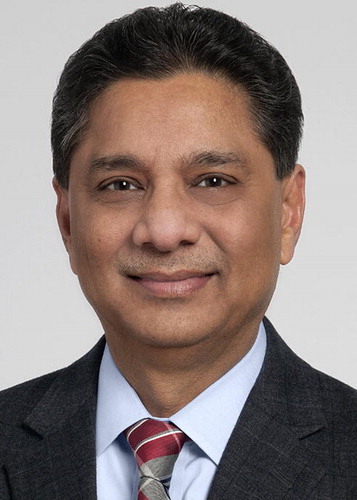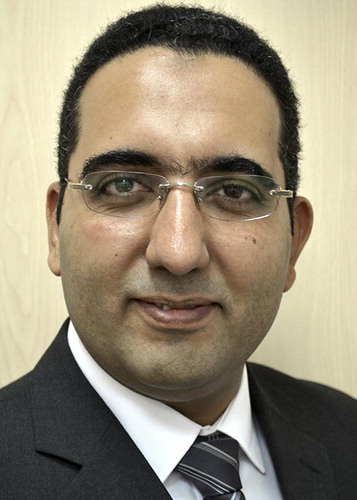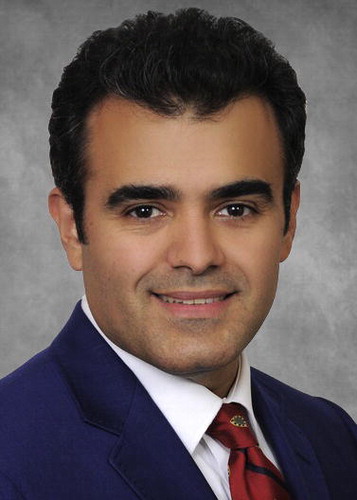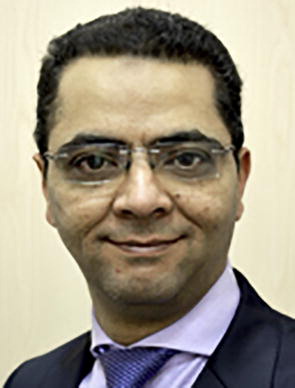Until recently, the assessment of male infertility in many parts of the world was managed mainly by gynaecologists, largely because assisted-reproductive techniques are capable of overcoming many of the seminal abnormalities in the male partner. However, such practice is fortunately declining for two main reasons: firstly, the success rates for severe male factor infertility have stagnated between 30% and 50%, even with advanced procedures such as intracytoplasmic sperm injection; and secondly, due to a number of new advances in the diagnosis and management of male infertility. An accurate diagnosis is essential for optimal and cost-effective management of male infertility, especially as the male is responsible for roughly half of the causes of infertility amongst couples. Numerous developments have helped clarify many of the ambiguities surrounding male factor infertility, which in the past has led clinicians to categorise some cases with a diagnosis of ‘idiopathic male infertility’. These include the study of sperm DNA fragmentation, measurement of seminal oxidative stress, sperm proteomic analysis, and next-generation DNA sequencing. Furthermore, surgical innovations, such as microsurgical reconstructive surgery and sperm retrieval techniques, have allowed previously sterile men to now father their own biological children.
This special issue covers the fundamentals of the study of male infertility and provides the latest evidence regarding its epidemiology, aetiology, evaluation, and management. Experts from various parts of the world have contributed to this publication by writing 20 original articles and systematic reviews structured according to the Preferred Reporting Items for Systematic Reviews and Meta-Analyses (PRISMA) guidelines. We are confident that this focused issue will serve as an important reference source for clinicians, fertility specialists, scientists, embryologists, and other reproductive professionals. We are grateful to the team of highly acclaimed contributors, who have worked hard to share their latest, thoroughly researched and well-written articles. This publication would not be possible without their active support. The authors wish to thank Professor Ahmed Shokeir, Editor-in-Chief of the Arab Journal of Urology for his invitation to produce a special issue focused on male infertility. We are indebted for his guidance and support at each stage of development. Further, our sincere gratitude to two very important persons at the Hamad Medical Corporation (HMC), Dr Khalid Al-Rumaihi (Head of the Urology Department, Hamad General Hospital) and Dr Abdullah Al-Ansari (Chief Medical Officer, HMC) for their rock solid support and encouragement that has led to the development and growth of a state-of-the-art clinical, surgical and research Center of Excellence in Male Infertility at the HMC. Lastly, we are very grateful to the thousands of our patients for the privilege to help them. We dedicate our special issue to brave men and women yearning for their own biological child and who deserve the very best medical care every day from each of us.
Additional information
Notes on contributors

Ashok Agarwal
Ashok Agarwal

Ahmad Majzoub
Ahmad Majzoub

Mohamed Arafa
Mohamed Arafa

Elbardisi Haitham
Haitham Elbardisi
Notes
Peer review under responsibility of Arab Association of Urology.
